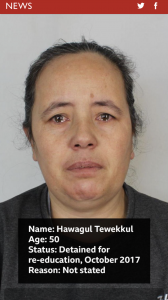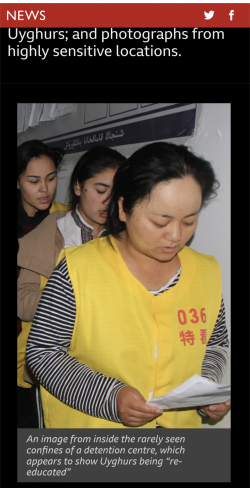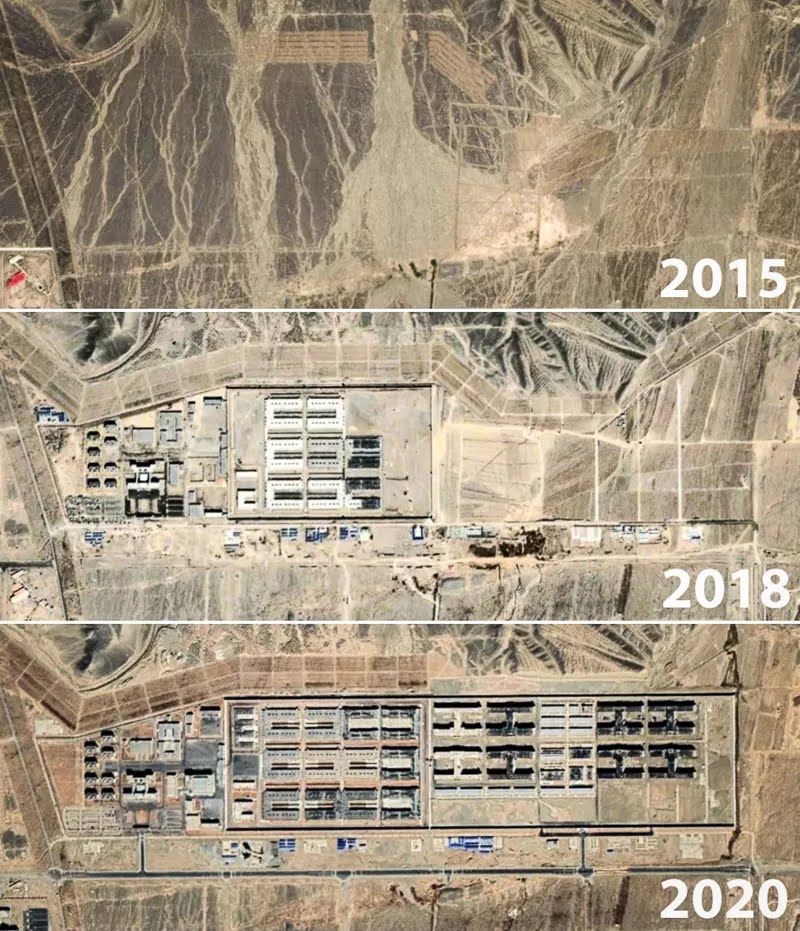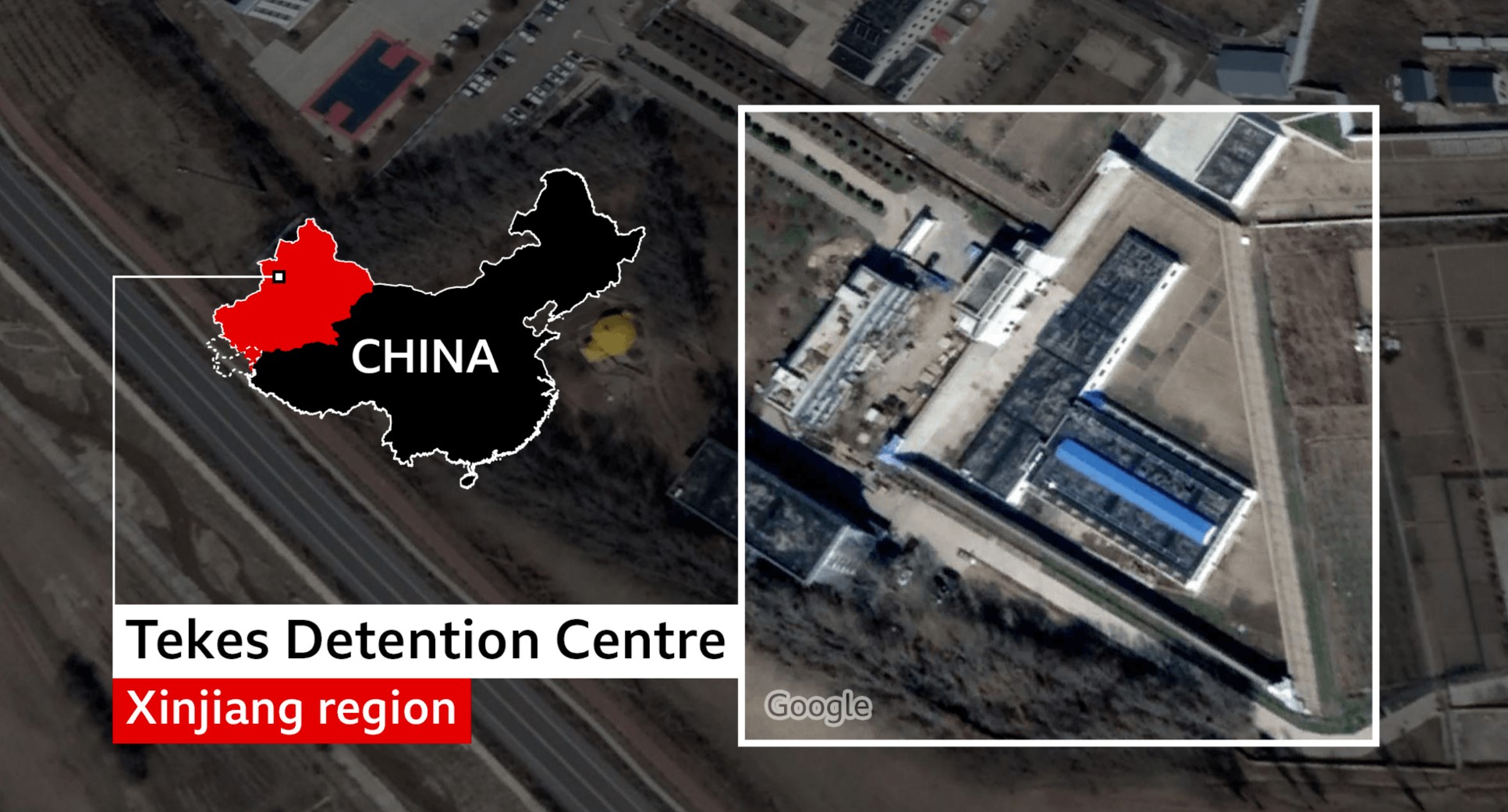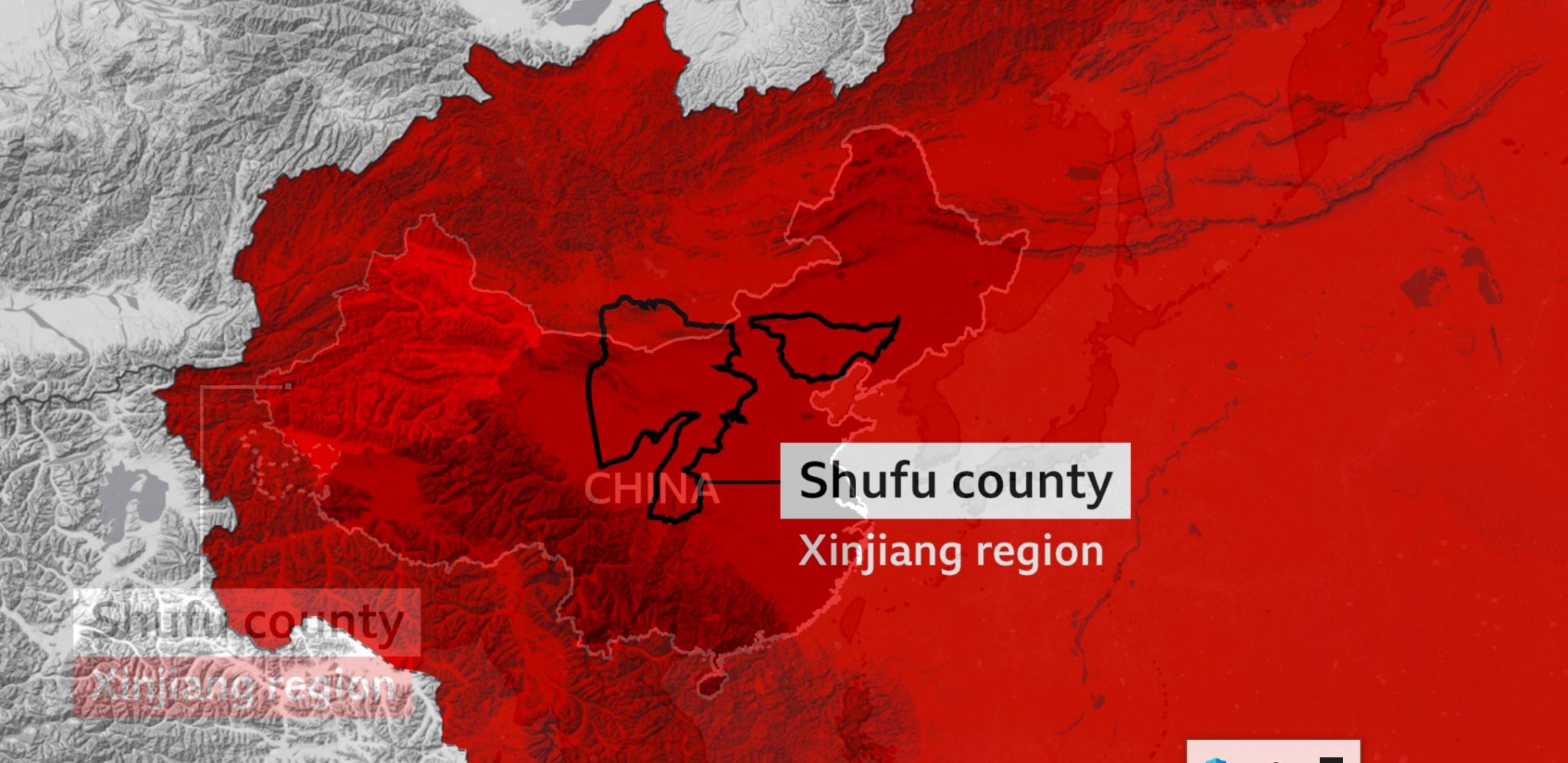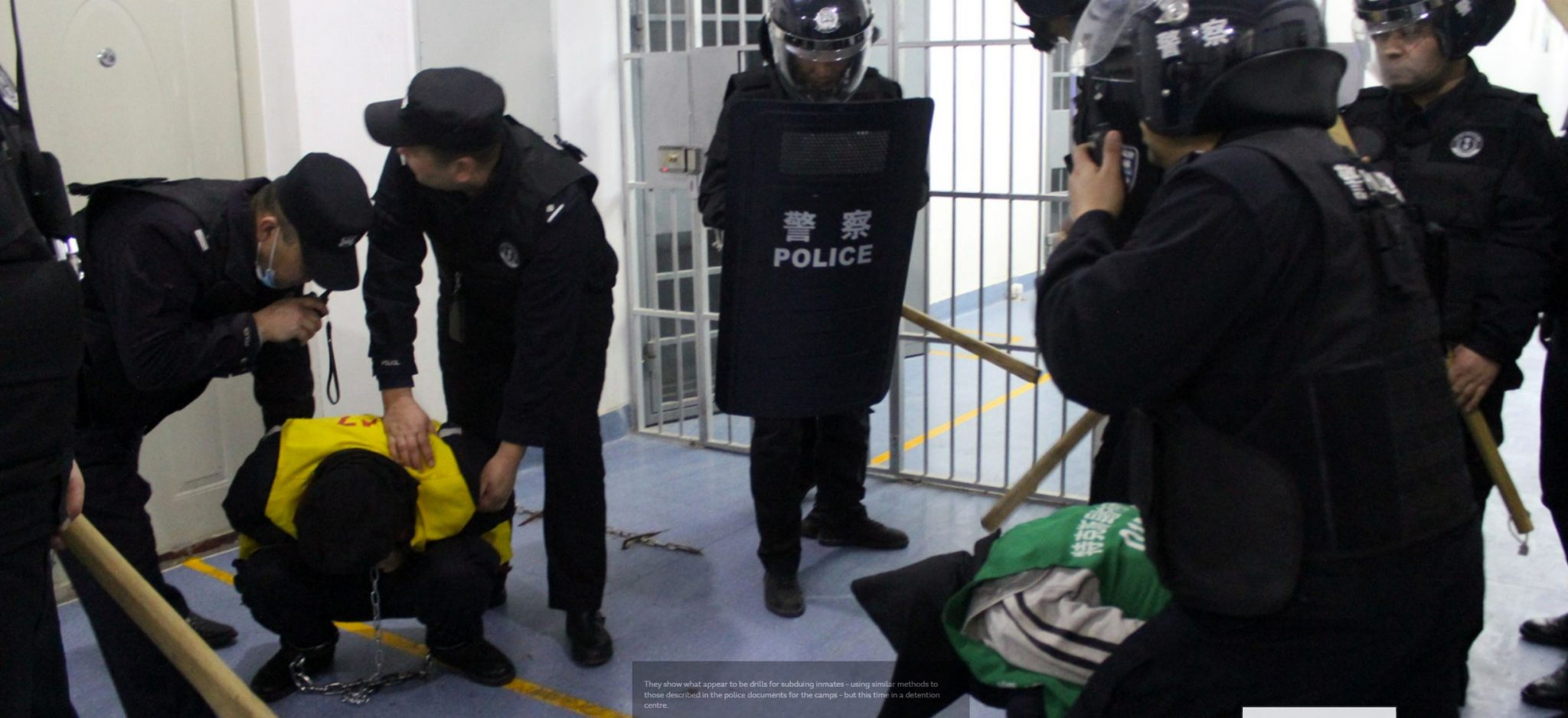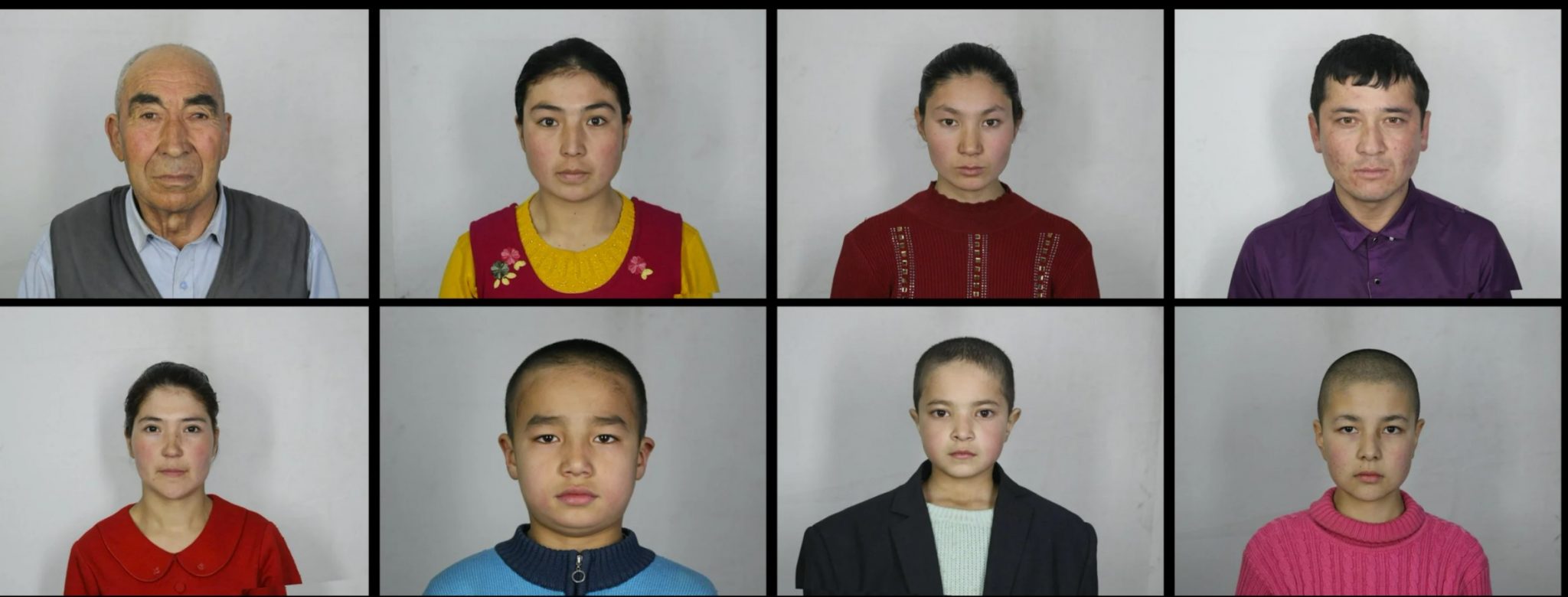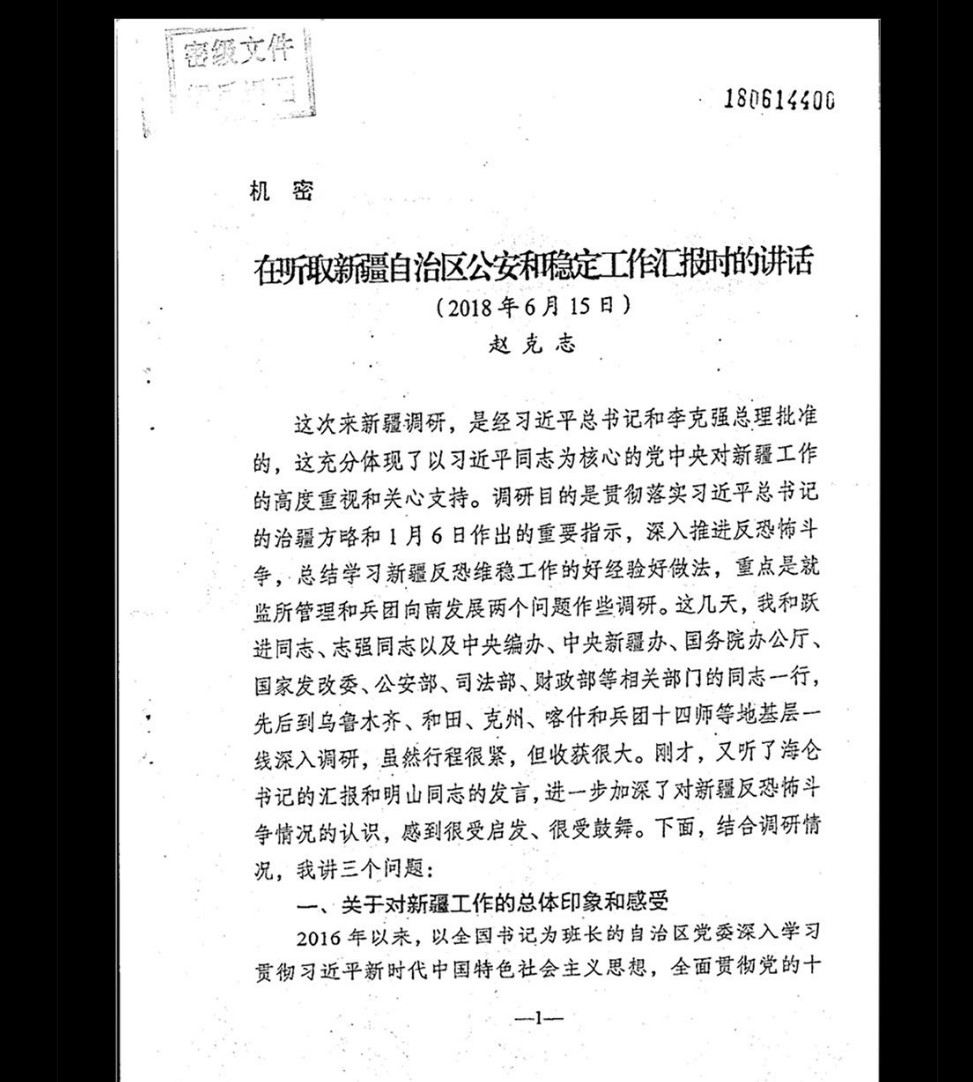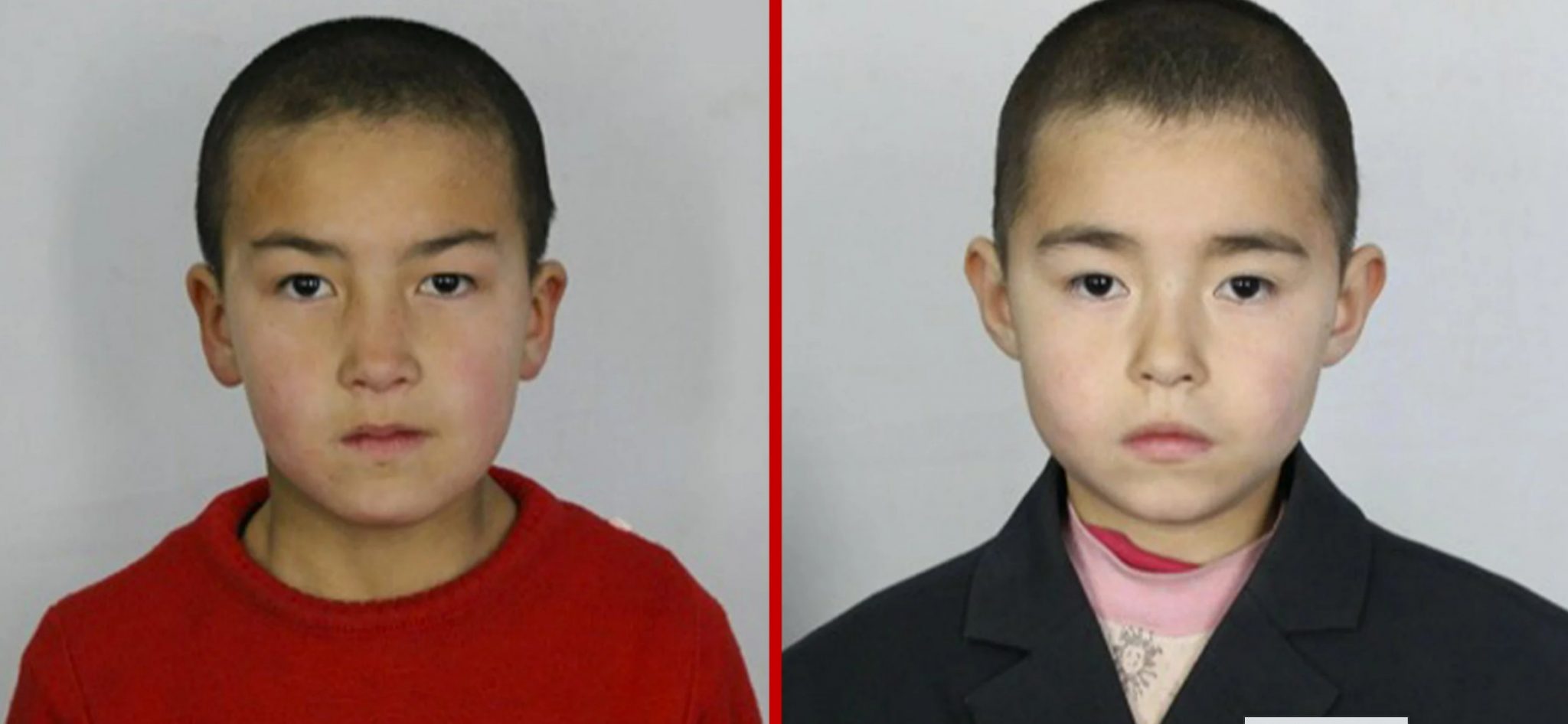BBC Exposes Confidential Documents of Concentration Camps in Xinjiang
Reprinted from the BBC website 2022-5-28
Zhang Jing, founder of WRIC: When UN High Commissioner for Human Rights Michelle Bachelet visited Xinjiang and other places in China for 6 days on May 22, the BBC released a detailed account of the Uyghur concentration camps in Xinjiang. It’s a top secret information. The official confidential documents of Xinjiang “education camps” stolen by hackers contained more than 5,000 photos and personal data of Uyghurs taken between January and July 2018. The youngest girl among the detainees is 15 years old, and the oldest is 7 years old. Over the past few years, China has forcibly retained more than a million Uyghurs in a vast network of so-called “education camps” and sentenced hundreds of thousands to prison terms. Women were subjected to rape, gang rape, and forced abortions. sparked strong condemnation from the international community.
Original BBC article:
https://www.bbc.co.uk/news/extra/85qihtvw6e/the-faces-from-chinas-uyghur-detention-camps
(Pictures from BBC website)
For decades, Xinjiang has experienced cycles of separatism, sporadic violence and tightening government controls. In 2013 and 2014, two deadly attacks on pedestrians and commuters in Beijing and the southern Chinese city of Kunming — which the government blamed on Uighur separatists and radical Islamists — prompted a sea change in policy.
The state began to see Uyghur culture itself as a problem, and within a few years, satellite photos began showing hundreds of gigantic re-education camps where Uyghurs were being sent without trial.
Xinjiang’s formal prison system has also been massively expanded as another means of controlling Uighur identity — especially amid growing international criticism of the lack of legal process in the concentration camps.
This method of double incarceration was starkly exposed in a set of 452 spreadsheets containing the names, addresses and ID numbers of more than 250,000 Uyghurs—showing which of them were detained, in which Types of detention facilities and why.
They paint a picture of ruthless internment in concentration camps and prisons, documenting row upon row of biased snooping by Chinese officials sent deep into Uyghur society, backed by big-data surveillance tools, to arbitrarily detain them.
There are countless examples of people being retroactively punished for “crimes” that occurred years or even decades ago – in 2017 a man was jailed for “studying Islamic scriptures with his grandmother” for a few days in 2010 10 years.
Hundreds of people have been shown to have been targeted because of their mobile phone use – mostly for listening to “illegal lectures” or installing “over the wall” apps.
In a June 2018 speech labeled “confidential” by Chinese Public Security Minister Zhao Kezhi during a visit to Xinjiang, he suggested that at least 2 million people in southern Xinjiang alone had been infected with “extremist ideas.”
Zhao Kezhi mentioned President Xi Jinping in his speech, and he highly praised the Chinese leader’s “important instructions” to build new facilities and increase prison funding to deal with the influx of detainees necessary to reach the 2 million target.
If the mass internment of Uyghurs and other Turkic minorities in Xinjiang is indeed on the orders of the Chinese leader, there are hints of a timeline in mind.
Also in the cache is another secret speech in 2017 by Chen Quanguo — until recently the hardline Communist Party secretary in Xinjiang. “For some people, even five years of re-education may not be enough,” Chen said, telling his senior military and police cadres, in what appeared to be an acknowledgment that as long as any Uyghurs continue to have at least as strong a feeling for identity or belief Loyalty to the party has no end in sight.
“Once released, problems will reappear. This is the reality in Xinjiang,” he said.
Plus, the spreadsheet provides little detail on the fate of the children whose parents were both detained. It is likely that a significant number were placed in permanent long-term care in the state boarding school system that was built across Xinjiang at the same time as the concentration camps.
Indeed, the shaved hair in many pictures of children is a sign, with Uyghurs abroad telling the BBC that many are already forced to attend these schools, at least on weekdays, even if still with one or both parents. These shaved-head photos endow a project aimed at deliberately erasing the Uyghur family as identity and cultural identity, which in Chinese terms means “cutting off the root, cutting off the seed, cutting off the blood, and cutting off the connection.”
The media received a written response from the Chinese embassy in Washington, D.C., after contacting the Chinese government for comment on the hacked data and asking detailed questions about the evidence it contained.
“Relevant issues in Xinjiang are essentially about combating violent terrorism, radicalization and separatism, rather than human rights or religion,” the Chinese embassy statement said, adding that Chinese authorities had taken “a series of decisive, forceful and effective measures to counteract violent terrorism, radicalization and separatism.” extreme measures”.
“The region is now socially stable and harmonious, with economic development,” the statement added, adding that these are “the most powerful response to all kinds of lies and disinformation in Xinjiang.”
But there was no response to any concrete evidence in the cached documents.

